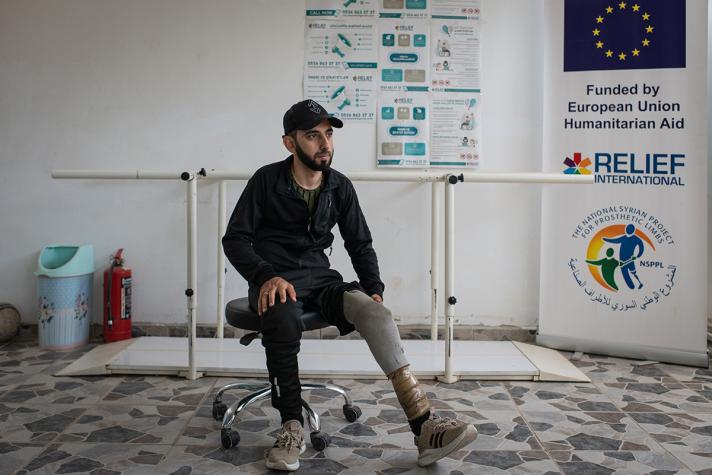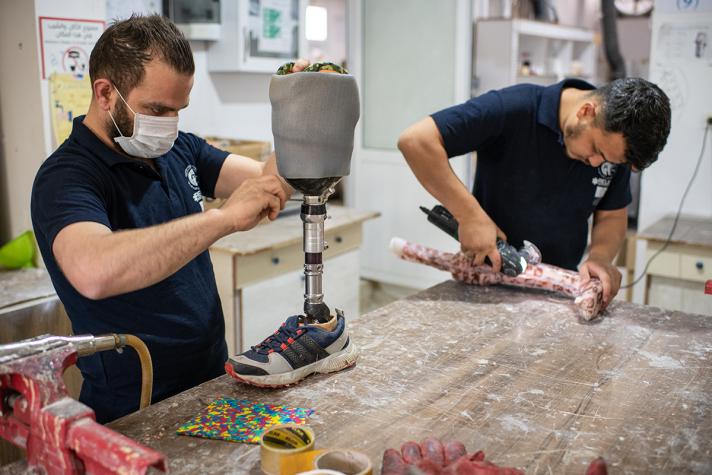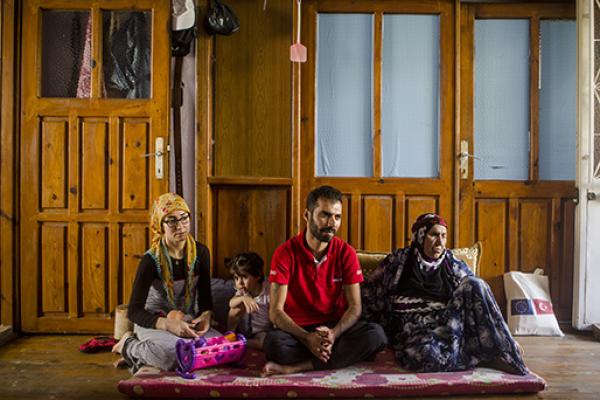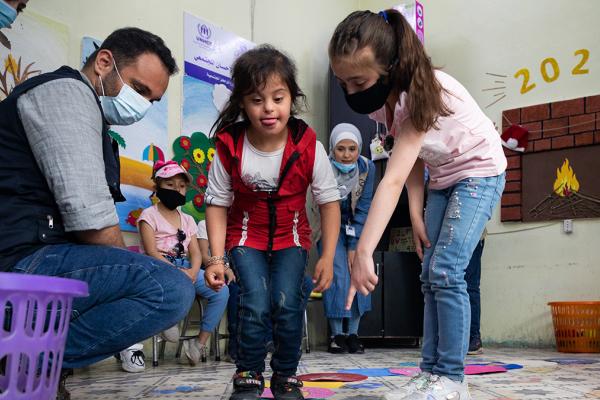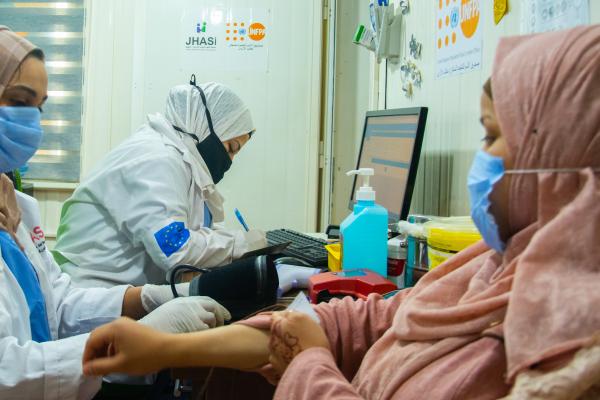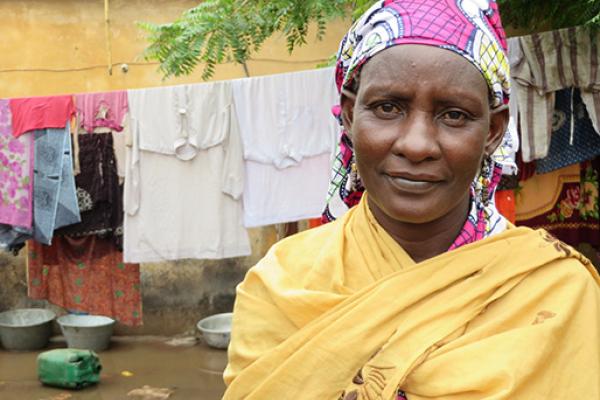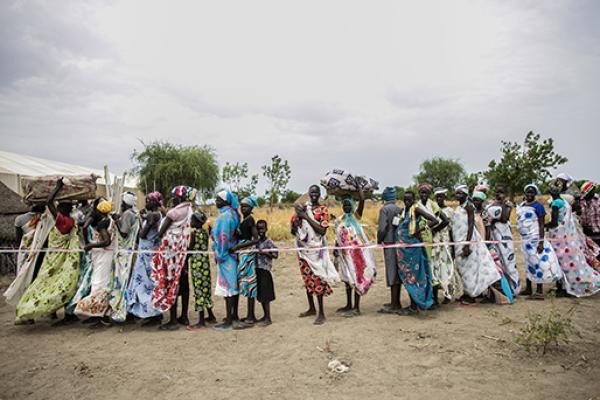Najim lost one of his legs 5 years ago when an air attack hit his village in Syria.
Fleeing the violence and looking for proper treatment, he ended up in Reyhanli, a small town on the Turkish side of the border. The local rehabilitation centre of Relief International, funded by EU humanitarian aid, helped him with a prosthesis and adapted physiotherapy.
Being mobile again, Najim could start working in his brother’s store selling baklava, knafeh, and other traditional desserts.
After a while, he even took over the shop, which became a hotspot in town. 2 days before we met Najim, he got engaged, dreaming of a prosperous future in Türkiye.
Story by Tom De Smedt, EU Civil Protection and Humanitarian Aid Operations.
Photos: © European Union, 2022 (photographer: Diego Cupolo)
Publication date: 02/12/2022

